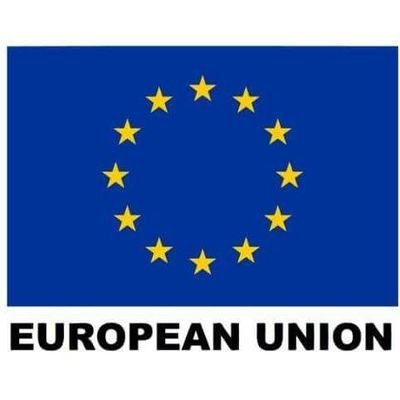A European Union official today stressed the necessity of the European Union’s recognition of the State of Palestine.
The Chair of the EU’s Delegation for Relations with Palestine Manuel Pineda stated that it became necessary that the European Union (EU) and all member states recognize the State of Palestine.
Pineda commented on Israeli Premier Benjamin Netanyahu’s recent announcement reviving the construction of 3,500 new colonial settler units in E1 area, one of the most sensitive areas, located to the east of Jerusalem.
He said that Netanyahu was moving forward with his scheme to isolate Jerusalem and further fragment the occupied West Bank with the purpose of eliminating the hope of establishing a viable Palestinian state.
Slamming the lack of international action to cease the Israeli colonial settlement construction, he said that the international community should not only issue statements of condemnations, but pressurize Israel to do so.
Responding to a question about the prospects of EU’s leading role in future Palestinian-Israeli talks, he said that that his delegation would urge the EU institutions to call for an international conference on Middle East peace to break the deadlock in the peace process.
Commenting on the recently-revealed US ‘peace plan’, dubbed “deal of the century”, the EU official affirmed that the plan should not be called a deal, and that the map of Palestine as laid out by the plan violates the Palestinian people’s rights since it turns the West Bank into an archipelago of ghettoized enclaves and strips all meaningful elements of Palestinian sovereignty.
He stressed the importance that goods coming from Israeli colonial settlements built on occupied Palestinian territories be clearly labeled and that the EU pressurize companies operating in settlements to stop work and pay reparations to Palestinians who have suffered damage as a result.
He demanded that Israel pay compensation to the EU for the demolition of the EU-funded projects in the occupied territories.
The EU delegation’s visit was restricted to the West Bank after Israel denied them entry to the besieged Gaza Strip.
He denounced Israel’s refusal to allow the delegation entry to the war-torn enclave not only as a violation of international law, but also as an unaccepted sin of challenging EU nationals represented by the EU Parliament.
The delegation made a stop at the family house of Malek Issa, an eight-year-old Palestinian boy who lost his left eye a few days after being shot by Israeli police in the occupied East Jerusalem neighborhood of Issawiya.



